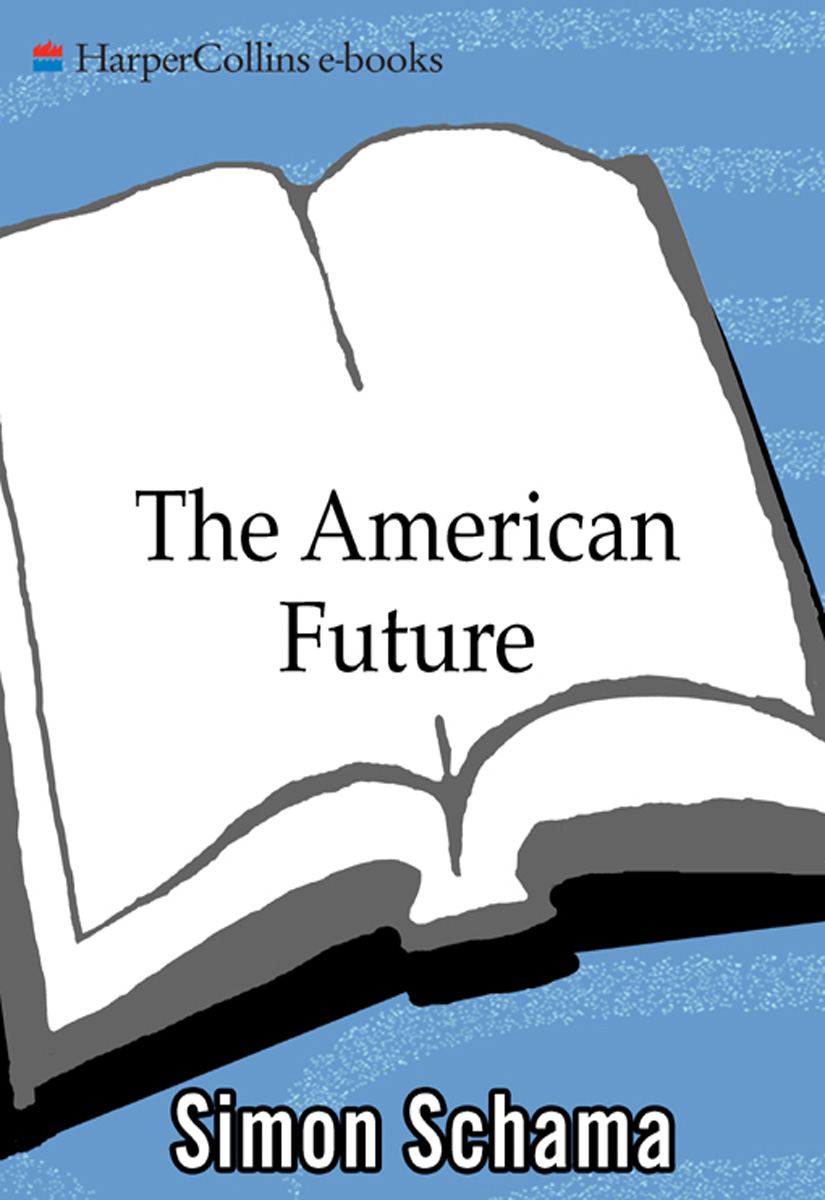
The American Future
A History
کتاب های مرتبط
- اطلاعات
- نقد و بررسی
- دیدگاه کاربران
نقد و بررسی

Starred review from February 9, 2009
Past performance may not guarantee future returns, but it's the best we have to go on, contends this lively meditation on American history. Looking back from the tumultuous 2008 election campaign, historian Schama (NBCC-award winner for Rough Crossings
) ponders four themes in American history as they played out in the lives of historical figures: the tension between militarism and liberty in the careers of Civil War general Montgomery Meigs and his family; the progressive influence of evangelical Protestantism on abolitionist and civil rights crusaders; America's conflicted attitudes toward immigrants as seen through the adventures of 18th-century French émigré J. Hector St. John de Crèvecoeur; and Americans' profligate exploitation of the land and water in an elegy for the Cherokee tribe. Schama's wide-ranging narratives wander between contemporary reportage (“For a minute or two after the photo op, George Bush was left to his own devices and came my way”) and fluent, richly literate history. He's alive to irony and hypocrisy in the American story—Mexicans of the 1820s, he notes, shuddered at the uncouth Yankee immigrants flooding into Texas—but Schama is optimistic that the nation's perennial openness and complexity can see it through the storm clouds ahead.

March 15, 2009
In this companion to a BBC documentary about the 2008 presidential campaign, British transplant Schama (University Professor of Art History & History, Columbia Univ.; "Rough Crossings")a foremost revivalist of the grand narrative historiographic traditiontrains his interpretive virtuosity on the United States. Schama, who views Obama's triumphant ascendancy as the realization of the grandest American values, ties campaign themes to the larger historical traditions, tensions, and contests that gave rise to them. He cuts back and forth between vignettes of his visits to Nevada, Texas, and Georgia, among other locales, and startlingly original takes on America's practices of democratic warring, deep but diverse religiosity, ethnic and racial identity, and grabs for land, water, and energy. Some readers will be put off by the author's affectionate but condescending assumption of dialect-inflected depictions of Iowan voters, Mexican American veterans, and Mississippian Civil Rights heroines, but these passages are comparatively brief. In the end, while Schama makes a real contribution to an understanding of how America is special (and imperiled), this work is not based on archival research and does not reveal new stories that illuminate a complex past. Appropriate for all readers but perhaps best for the general public. [See Prepub Alert, "LJ" 2/15/09.]Scott H. Silverman, Bryn Mawr Coll. Lib., PA
Copyright 2009 Library Journal, LLC Used with permission.

March 1, 2009
The noted British historian examines current American attitudes through the lens of U.S. history.
Schama (History and Art History/Columbia Univ.; The Power of Art, 2006, etc.) has studied Dutch, French and English cultures, among others, during the course of his career. In his latest, he looks at the United States, where he has spent a large portion of his life. The book serves as a companion piece to his 2008 BBC documentary series of the same title; in both, Schama connects contemporary feelings about war, democracy, immigration and prosperity with people and events from American history. In one effective section, he profiles several generations of the Meigs family, whose members served their country in nearly every major war. His take on the complicated subject of American religious fervor is particularly nuanced and refreshing. Schama can be guilty of overblown phrasing, as when he writes,"The Angel of History...watches powerlessly as the wreckage rises into the sky." He also tends occasionally toward sweeping pronouncements, as when he claims,"I can tell you exactly, give or take a minute or two, when American democracy came back from the dead"—Jan. 3, 2008, when Barack Obama won the Iowa caucuses. More often, though, he attenuates his prose, using well-chosen historical examples to make subtle and insightful points, such as linking post-9/11 anti-Muslim bigotry to past nativist movements. The book contains some wonderful moments: President George W. Bush confiding that anti-immigration congressman Tom Tancredo is"an idiot"; Schama embracing his dry cleaner, whose son had been killed in Afghanistan. The author's fascination with and affection for the United States shines through, and he provides many engaging insights into the nation's past and future.
Ambitious historical examination of what it means to be an American.
(COPYRIGHT (2009) KIRKUS REVIEWS/NIELSEN BUSINESS MEDIA, INC. ALL RIGHTS RESERVED.)

























دیدگاه کاربران